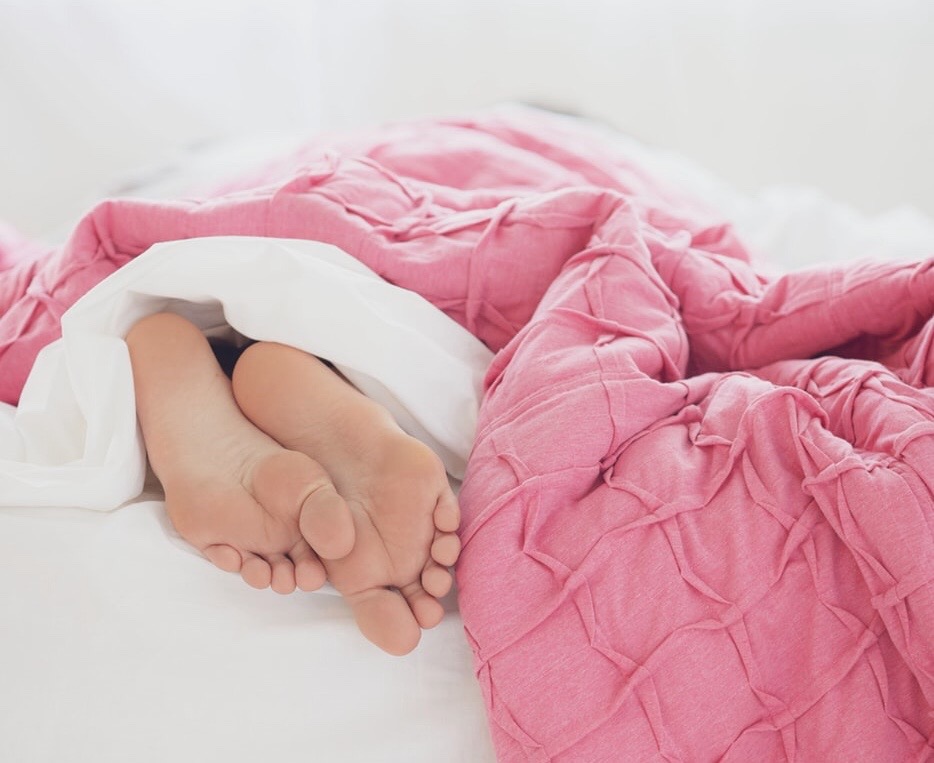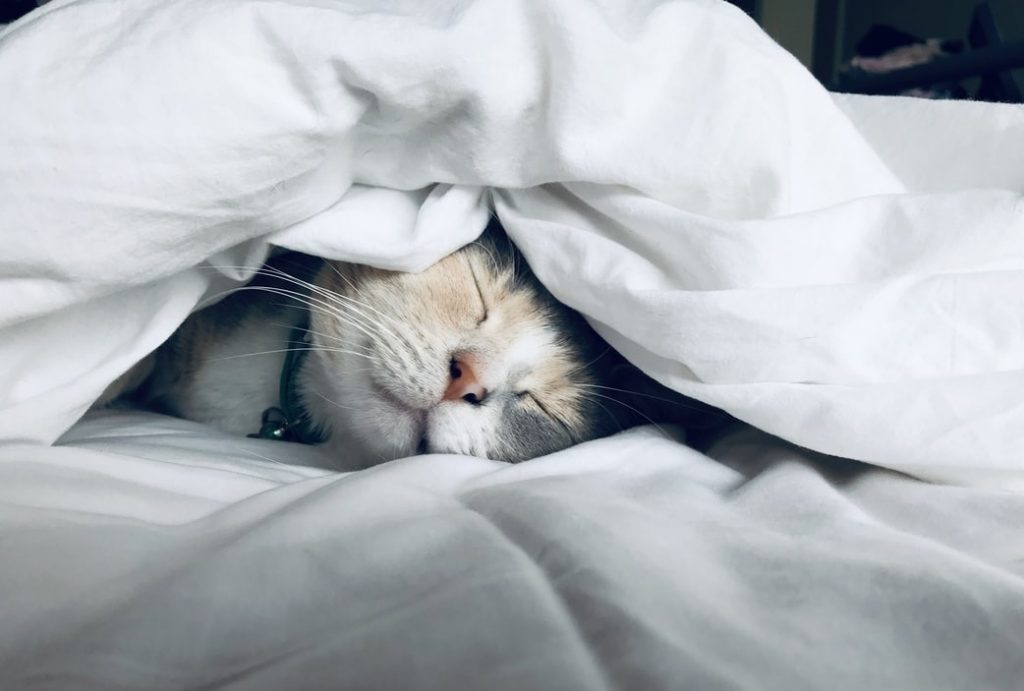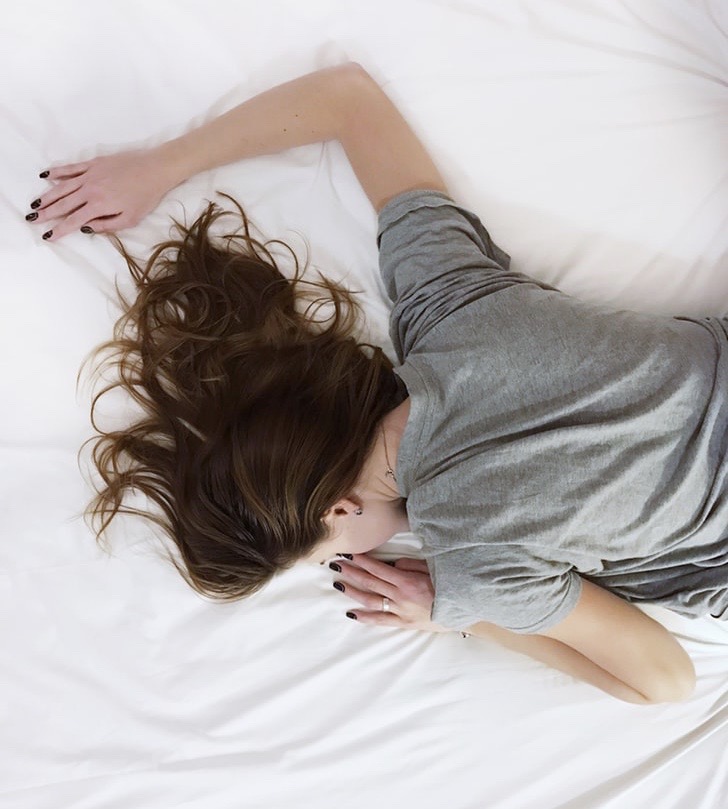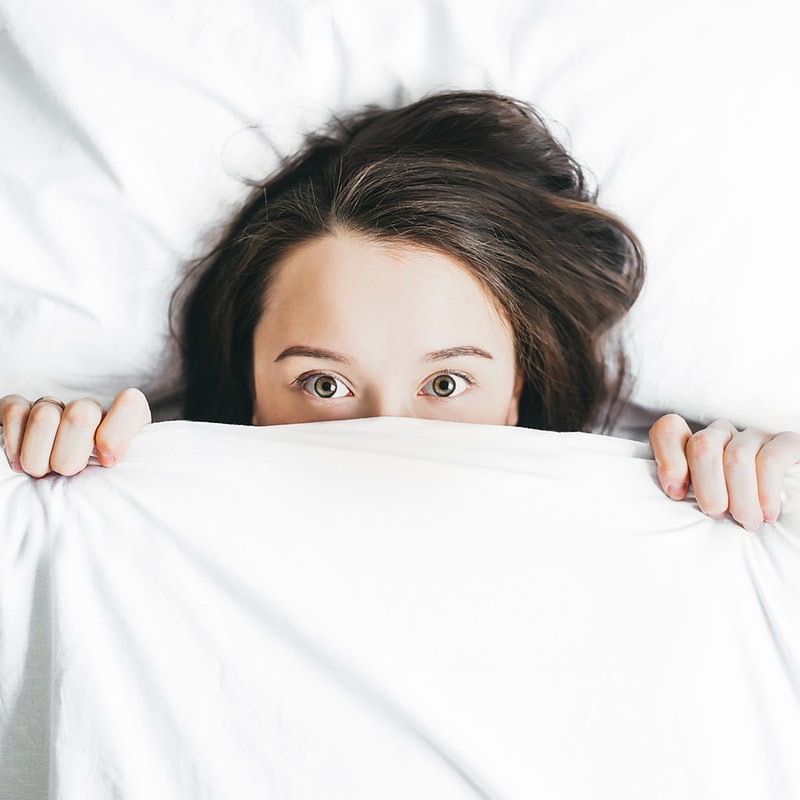
I remember back during my graduate school days, we really didn’t understand the benefits of sleep, let alone the damaging effects from too little of it. It was just something we needed to do. The less of it, many of my peers thought, the better, as more could be accomplished during the waking hours. It was like an honor badge to get by on less sleep. The idea, “I’ll sleep when I’m dead,” thrived and resonated with those interested in achieving more each day.
Those days are long gone.
Whole body benefits
Today, we know better, thanks to the growing body of sleep research. Study after study points to sleep benefits for immune function, weight management, blood sugar regulation, brain function and much more.
It’s the brain benefits of sleep that are particularly exciting to me, including a potential protective effect against Alzheimer’s disease.
In one preliminary study, researchers asked 15 healthy, young men to come into a sleep lab where they spent one night of 7 to 9 hours of restful sleep and then another night deprived of a full night’s sleep, in no particular order.
After just one night of sleep deprivation, the men’s blood level of tau — a biomarker for Alzheimer’s disease — increased by an average of 17%. By contrast, after the night of restful sleep, the tau level increased by only 2%. Results are published in the January 2020 issue of Neurology.
More research is needed to explore the potential link between blood tau level and an increased risk of Alzheimer’s disease, but this preliminary finding is certainly intriguing.
It makes you wonder what would happen with chronic sleep deprivation?

Only humans are willing to give up sleep
All mammals sleep. Only we humans are willing to forego sleep. In UC Berkeley Professor Mathew Walker’s best-selling book, Why We Sleep: Unlocking the Power of Sleep and Dreams, he explains that animals sleep even though they are vulnerable to attack by other animals in this exposed state.
Sleep is that important. Some people – about 1% of the population– are genetically predisposed to function on only 4 to 6 hours per sleep per night. The vast majority of adults, however, need a solid 7 to 9 hours of shut-eye each night, although older adults can get by with 7 to 8 hours.

Better sleep sets up your day for success
If you’re like me, you want to wake up in the morning feeling rested and alert, and that comes from a good night of deep sleep without interruptions.
Here are a few tips that may help:
Stick to a routine. Go to bed and wake up at the same time even during the weekends. This helps your body’s natural circadian rhythm. Whatever you do, avoid the temptation to make up for lost sleep by sleeping more on the weekend. It doesn’t work that way. Worse, you’ll have a harder time waking up during the week.
Keep electronics and LED lights out of the bedroom. Electronics and artificial lights emit blue wavelength light that can trick the brain into thinking it’s daytime, which can lead to sleep problems.
Avoid heavy exercise and meals before bedtime. Too much exercise, alcoholic drinks or heavy meals too close to bedtime can lead to a fitful night’s sleep.
Keep your bedroom dark and cool. Ambient temperature is one of the most important factors that affects your sleep quality. If the temperature is too hot or cold, it can affect your body’s core temperature, and that can lead to fragmented sleep. So before you go to bed, set your thermostat to around 65°F (18.3°C).
Limit beverages close to bedtime. If you wake up during the night with the urge to urinate, it can disrupt your ability to get a good night’s sleep. The folks over at sleepfoundation.org have a good tip to help you stop those midnight trips. Cut down on your beverage intake about two hours before you go to bed, particularly caffeinated or alcohol drinks that can have diuretic effects. Drink your normal amount of fluids, just do so earlier in the day.
Journal before bedtime. Some people find that writing their thoughts down on paper before they go to bed helps them leave their worries behind and allows them to get to sleep faster. Take 5 minutes or so and write down what’s on your mind — tomorrow’s “to do” list, something amazing that happened during the day, or something your grateful for – and you just may wake up less stressed and more refreshed.

Tossing and turning all night long
If you find yourself unable to sleep, despite even your best of intentions, here are two things you can do that may help:
- Leave your bed. It can be tough when you feel nice and cozy, but you don’t want to condition yourself to be awake while in bed. Get out of bed and do a calm, soothing activity — read, meditate, listen to music — that can help you get back to sleep.
- Press reset. When the morning arrives, get outside and let the sun’s rays work their magic to help reset your circadian rhythm.
Better sleep, better life, better planet
March 13, 2020 is World Sleep Day. This annual event promotes awareness about the importance of sleep. This year’s theme is Better Sleep, Better Life, Better Planet. It seems like a really good theme to me, and a familiar one.
For those of you who are familiar with the Nutrilite philosophy, you’ll recognize sleep as a foundational pillar of optimal health along with nutrition and supplementation, exercise and positive attitude. Not only is this the best way to prevent disease, it’s the best way to enjoy life to the fullest.
Imagine, it can all start with a good night’s sleep!
Don’t you agree? Be sure to leave a comment, I would love to know what you think.
Cheers,

P.S. Don’t forget to subscribe to our RSS feed and have blog posts delivered right to your inbox.

Dr. Sam, maybe there is advice for those people who work night shifts?
Dear Sergey,
As you know, working night shifts is very difficult on your body. Some things that you can try include:
1. Napping. Taking a 90 minute nap before your night shift may help improve alertness.
2. Keeping to a regular schedule. Eating it at the same times, sleeping at the same times (even during days you are not working)…this helps your body’s natural rhythms.
3. Keep it dark. When it is time to finally sleep, keep your room dark.
Here is a link you may find helpful (https://www.uclahealth.org/sleepcenter/coping-with-shift-work). It’s from UCLA’s Sleep Center.
Wishing you the best of health and, of course, restful and restorative zzzz’s!